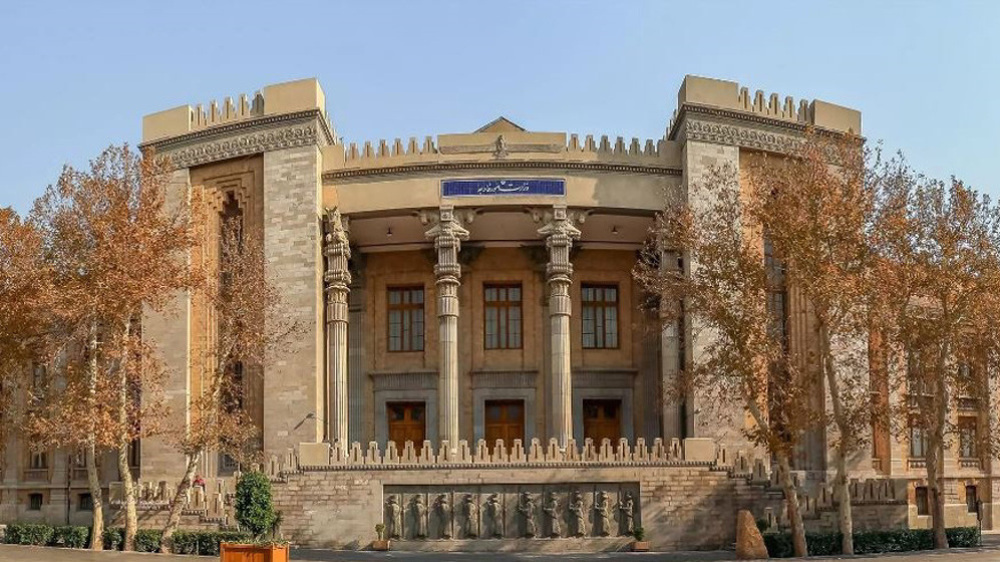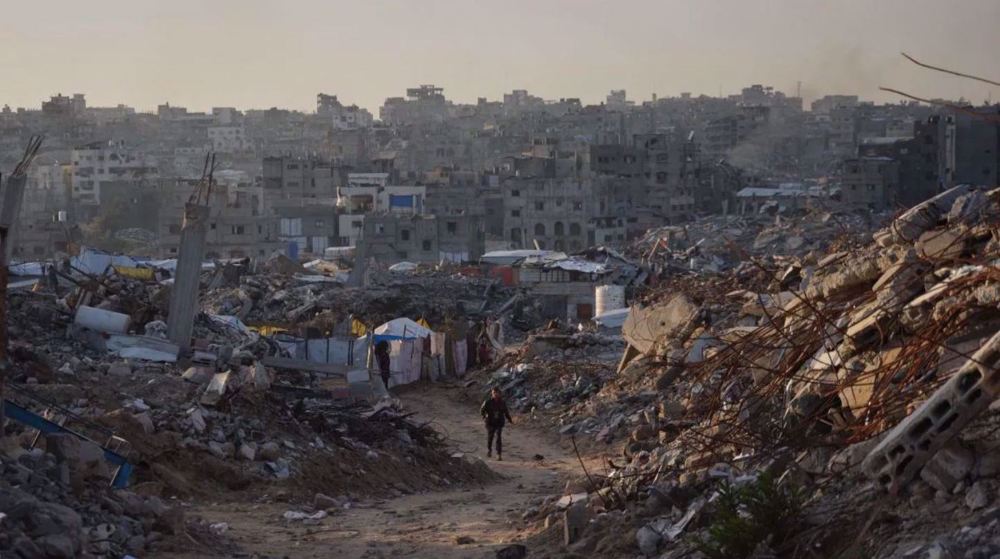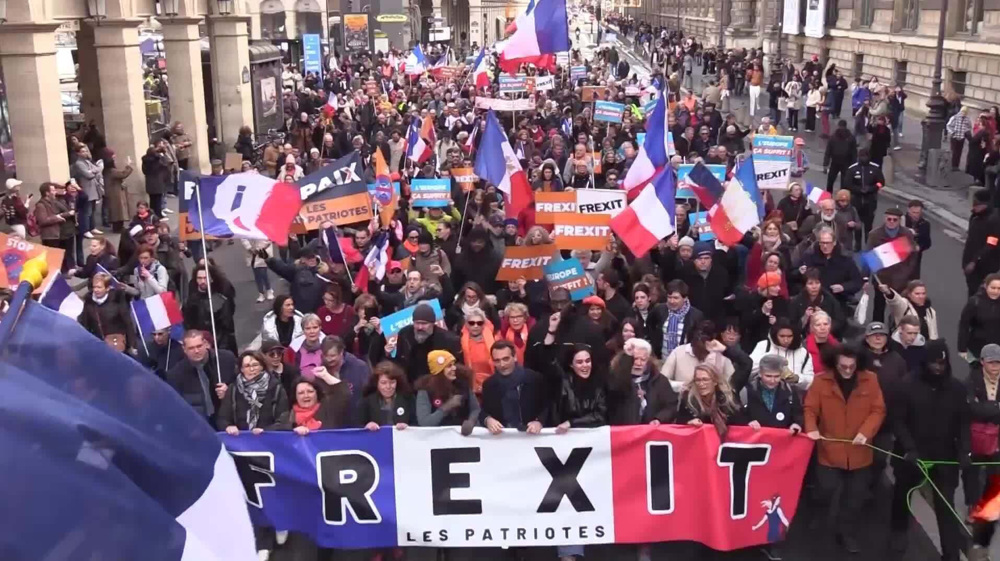Catalonia says polling stations ready for contested vote
With two days left until an independence referendum in Catalonia opposed by Madrid, Catalan leaders said Friday they have over 2,000 polling stations ready despite a crackdown on their preparations for the vote.
Authorities in Madrid have instructed police to ensure no votes are cast as they tackle one of the biggest political crises to hit Spain since democracy was restored in the 1970s following the death of longtime dictator Francisco Franco.
Police have for days been seizing electoral items such as ballot papers as they follow orders to stop Sunday's referendum, which has deeply divided Catalonia, from taking place, after courts ruled it unconstitutional.
Over the past few days, judges and prosecutors have also ordered the closure of websites linked to the vote and the detention of key members of the team organizing the referendum.
The electoral board set up to oversee the vote has dissolved itself to avoid costly fines, and on Wednesday a judge ordered police to prevent public buildings from being used as polling stations, raising doubts that the vote could take place.
But Catalan government spokesman Jordi Turull told reporters there would be "2,315 polling stations all over the region", and more than 7,200 people involved in holding the referendum.
At the end of the press briefing, Turull, Catalan Vice-President Oriol Junqueras and Raul Romeva, in charge of foreign relations for the Catalan executive, unveiled a plastic ballot box with a regional government stamp on it.
'Obey the law'
Polls show Catalonia's roughly 7.5 million residents are split on the issue of independence, but a large majority want to vote in a legitimate referendum to settle the matter.
With firefighters and farmers vowing to protect polling stations, Catalonia's regional police force, the Mossos d'Esquadra, have warned of the risk of the "disruption of public order" if they try to prevent people from casting ballots.
In case they resist, Madrid has sent thousands of extra police officers from other forces to Catalonia, which accounts for one fifth of Spain's economy, to help suppress the referendum it deems illegal.

The government has hired three ferries, including one decorated with some "Looney Toons" characters which has been much mocked online, to house the officers in the ports of Barcelona and Tarragona.
Central government spokesman Mendez de Vigo said he was "completely certain" that the Mossos would "obey the law and the judge's orders" because they "are subject to the law like everyone else".
"I insist that there will be no referendum," he told a news conference following the weekly cabinet meeting.
Junqueras told reporters that if "someone closes a polling station, there is an alternative for citizens to vote," without giving further details.
He urged people to vote "responsibly" and "not to yield to provocations of those who want to stop the vote."
'Call regional elections'
The crackdown against preparations for the referendum has sparked noisy street protests in Barcelona and other Catalan cities.

Germany urged its nationals in Catalonia to exercise caution ahead of the slated weekend independence referendum that has been banned by Madrid, saying an "escalation" was possible.
Catalan President Carles Puigdemont has labelled the government's response anti-democratic.
Health Minister Dolors Montserrat told public radio that Puigdemont's only options on Monday will be to "quit and call regional elections and assume his responsibilities before the courts."
With its own language and customs, Catalonia already has significant powers over matters such as education and healthcare.
But Spain's economic worries, coupled with a resentment that the region pays more in taxes than it receives in investments and transfers from Madrid, have helped push the independence question to center stage.
During the last regional elections in Catalonia in 2015, pro-separatist parties captured 47.6 percent of the vote, giving them a narrow majority of 72 seats in the 135-seat regional assembly.
Opponents of independence are not campaigning to not "legitimize" the referendum and have postponed a pro-unity march initially planned for Saturday to avoid adding to tensions, said Alex Ramos, the vice president of a group that opposes secession called the Sociedad Civil Catalana (SCC).
"The atmosphere is getting heated and we don't want to take part in the confrontation," he told AFP.
(Source: AFP)
‘Bloodbath in newsroom’: Bezos-owned Washington Post launches sweeping layoffs
Iran, US to hold nuclear talks in Muscat on Friday: FM
UN experts decry Israeli bill allowing execution of Palestinians
Epstein–Barak recording exposes multimillion-dollar fees paid to Tony Blair
UK Palestine Action activists acquitted of burglary in Elbit factory raid
Oman to broker fresh round of Iran-US talks on February 6: Reports
VIDEO | Iran unveils space technology milestones
Israel to shut water, electricity at UNRWA facilities in occupied territories















 This makes it easy to access the Press TV website
This makes it easy to access the Press TV website